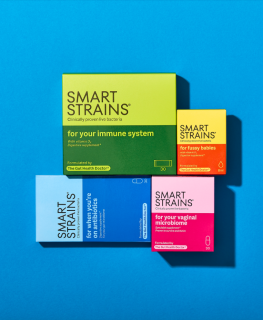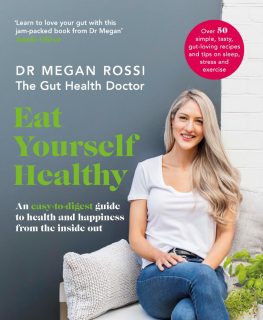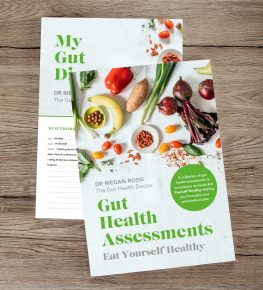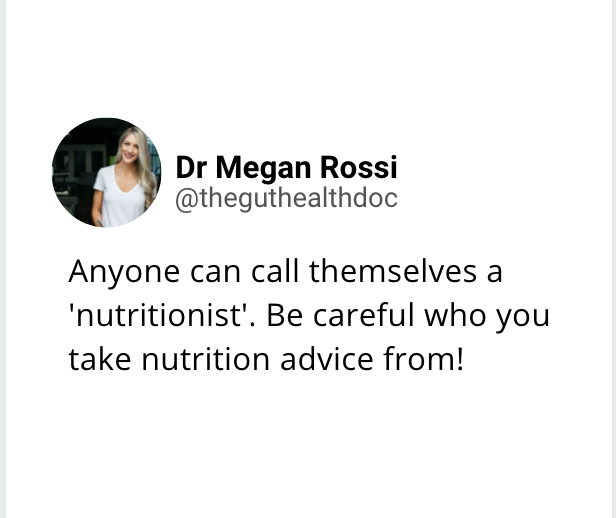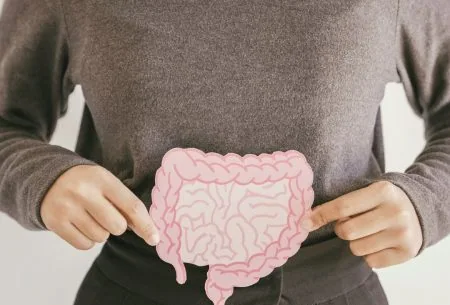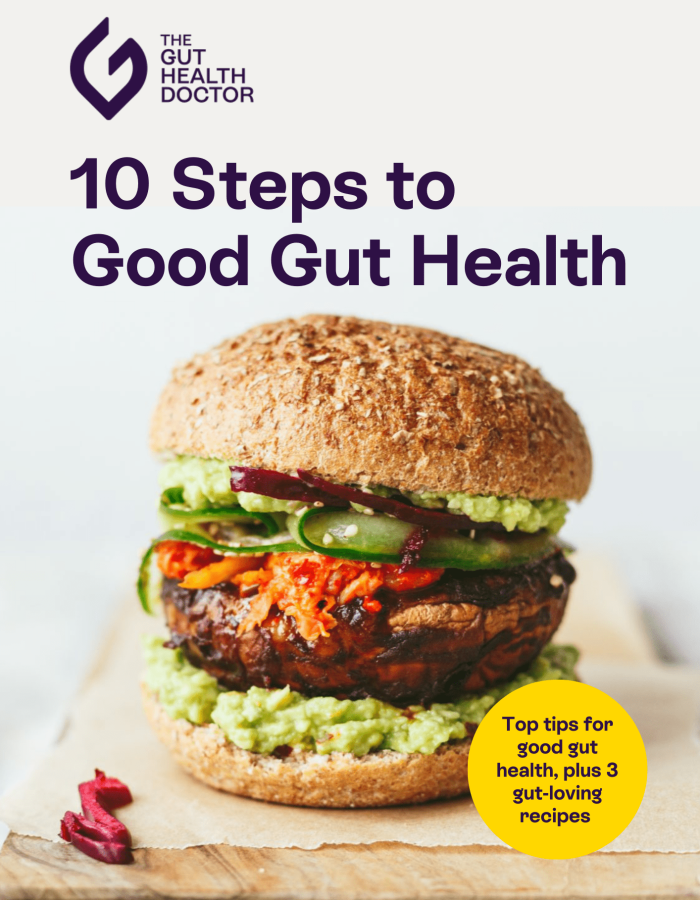Be careful who you take nutrition advice from! Sadly I see WAY too many self-proclaimed ‘experts’ pushing overly restrictive diets, unnecessary supplements and invalid tests…
But it can be so tricky to know who to trust when anyone with an Instagram account can be giving out nutrition advice. Am I right?!
I am all about empowering you guys – so here’s what to look out for and what the titles mean so you can sift the facts from the fiction.
– Dietitians are the only nutrition professionals regulated by law, meaning we’re bound by an ethical code of conduct to make sure you’re protected.
To be a dietitian, you need at least a BSc (usually 4 years) or postgrad degree in dietetics – rooted in science and clinical practice.
How to tell? ‘Dietitian’ is protected in the UK so you can’t call yourself one unless you’ve done the degree. In the US look for ‘RD’ letters or ‘APD’ in Aus.
Every dietitian is a nutritionist, but not every nutritionist is a dietitian.
– Registered nutritionists are regulated by their local bodies (AfN in the UK) and are qualified to share info about food and healthy eating. Look for ‘ANutr’ titles.
I know lots of brilliant nutritionists – but the term ‘nutritionist’ is totally unregulated, so literally anyone can call themselves one. And sadly some do even if they’ve only watched a 1-hour webinar on nutrition…
I’d like to think advice is mostly given with good intentions – but all too often it’s given without any science to back it up. And without regulation, it can be really risky.
3 questions you should ask before taking nutrition advice (if they’re the real deal, they won’t mind the questions!)
– Do they have a valid nutrition degree (with hands-on training as an added bonus)? Or is it just a personal interest?
– Do they have a regulatory body?
– Do they keep up-to-date with the latest nutrition research that’s constantly evolving? Or are they relying on outdated info?
If they don’t have the right qualifications, go ahead and throw that nutrition ‘advice’ in the BS bucket.
Disclosure: having the ‘right’ qualifications doesn’t automatically mean they’ll be good but it does give you more protection.
